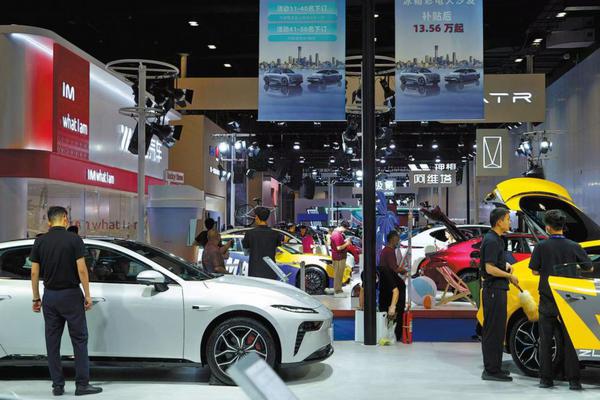
An international automobile exhibition enables visitors to purchase brand models of mainstream automobiles and take advantage of a national subsidy policy in Beijing on June 12. GUO JUNFENG/FOR CHINA DAILY)
China's local fiscal authorities are stepping up efforts to promote household consumption with stronger support from central government amid the country's broader push for domestic demand expansion to drive economic growth.
The central government earmarked 150 billion yuan ($20.88 billion) in the second half of 2024 from the issuance of ultra-long-term special treasury bonds to support a nationwide consumer goods trade-in program. The program offered direct subsidies to consumers buying new household appliances and automobiles, among other products.
Following notable success in stimulating demand, China is expanding the program in 2025. A total of 300 billion yuan in ultra-long-term special treasury bonds will be issued to further support the large-scale replacement of consumer goods.
As part of this effort, the central government has already disbursed two tranches of special bond funds to local authorities — amounting to 162 billion yuan in total — in January and April.
So far the program has not only directly benefited millions of consumers, but also fueled growth among retailers and manufacturers, injecting vitality into the domestic market and supporting stable economic performance.
In Jinan, capital of Shandong province, Xu Chao, director of a JD Electronics flagship store, recalled that when the store opened in November 2023, its sales target for the year was 40 million yuan.
"To our surprise, thanks to the government's appliance trade-in program, we surpassed 100 million yuan in sales within just two months," Xu said.
And this year, with the continuation of the subsidies and the expansion of eligible categories to include digital products such as smartphones, the store has once again seen strong performance — reaching over 100 million yuan in sales in the first four months alone.
"During the May Day holiday, sales on May 1 alone hit nearly 10 million yuan. The momentum has not only boosted business for retailers like us, but also strengthened confidence among upstream manufacturers," Xu added.
In Pingyuan county, Dezhou, Shandong, Xie Jing, who had been driving the same car for over a decade, recently decided to trade it in for a new energy vehicle.
"I heard about the trade-in subsidies and found out I could get a combined discount of 50,000 yuan from the government and the dealership. That really sealed the deal for me," she said.












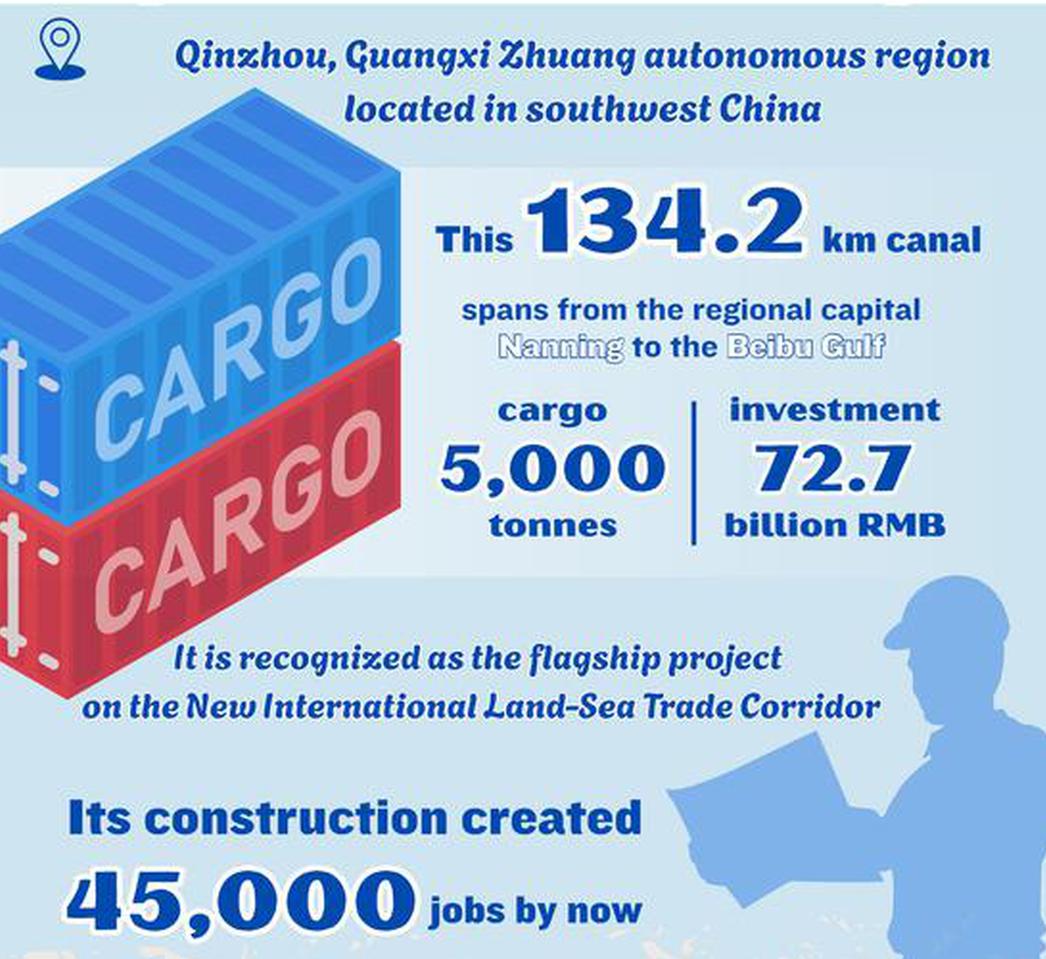

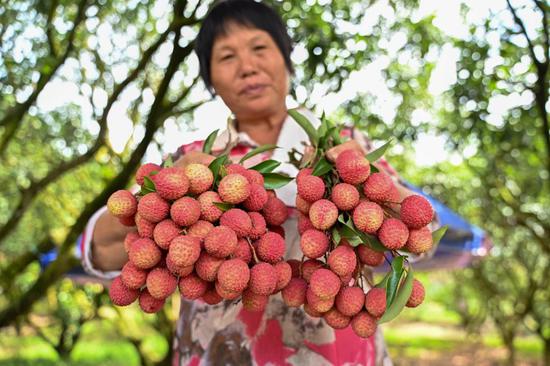

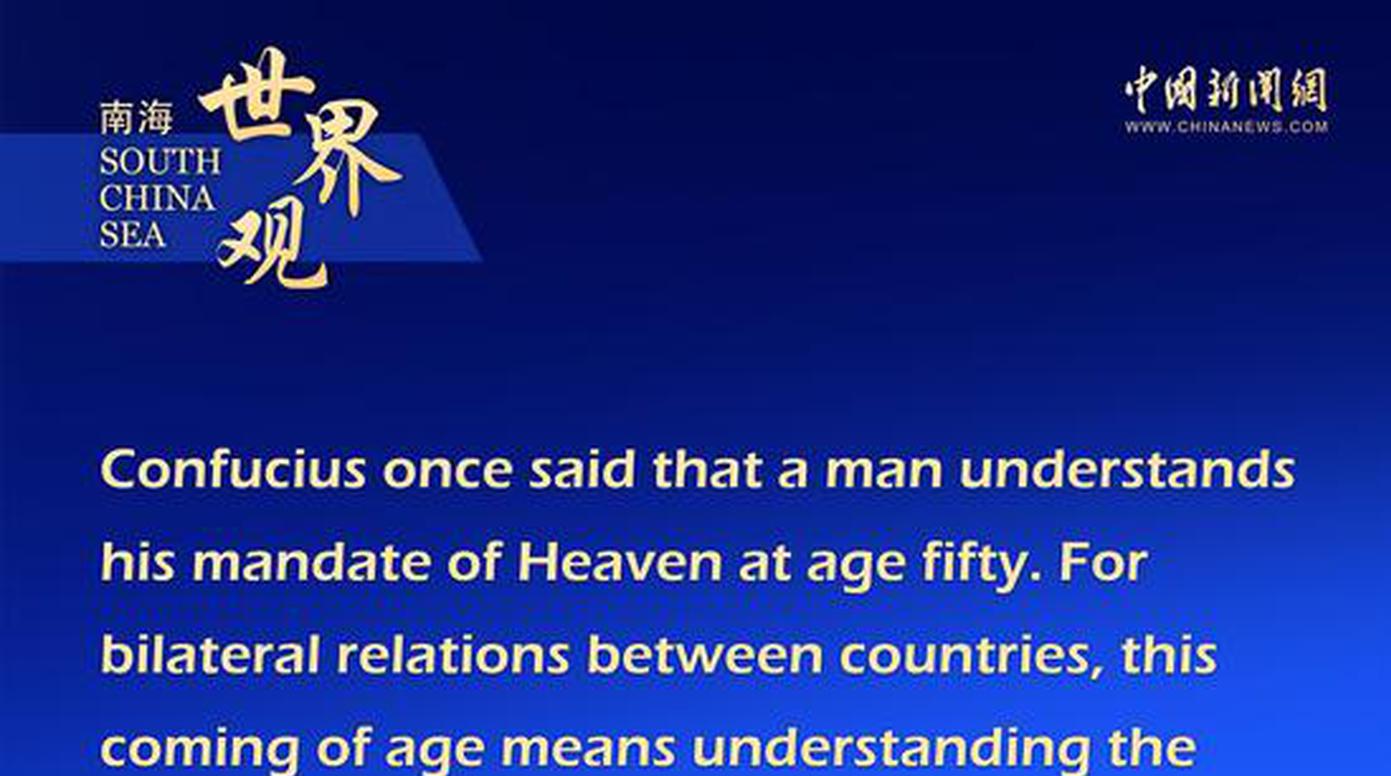
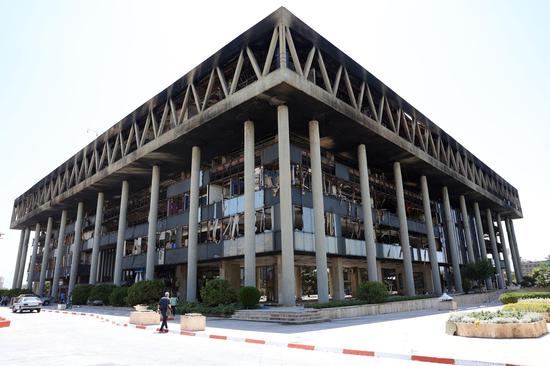










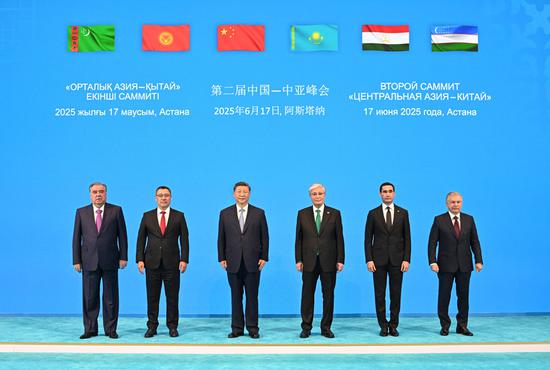




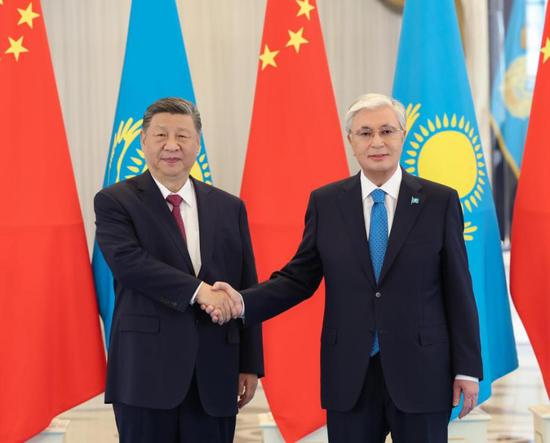



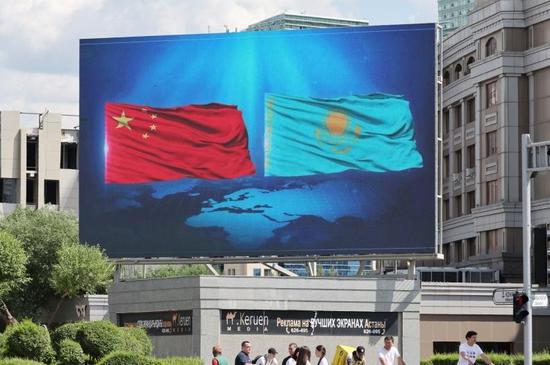
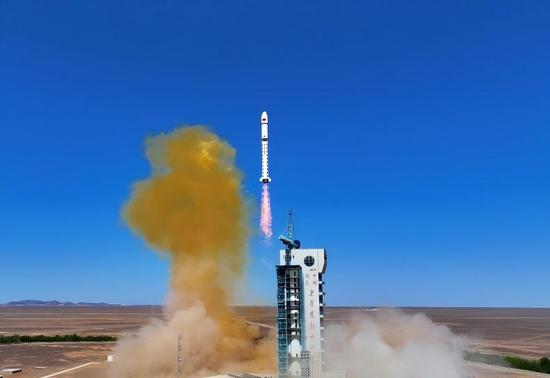
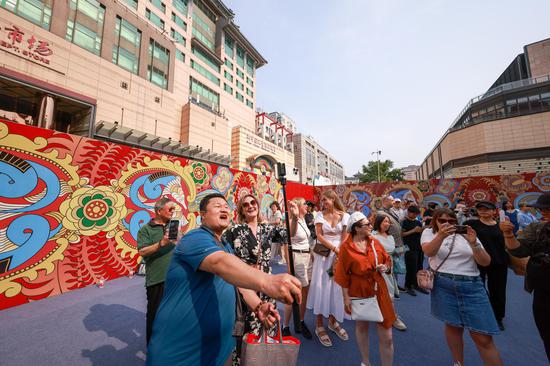
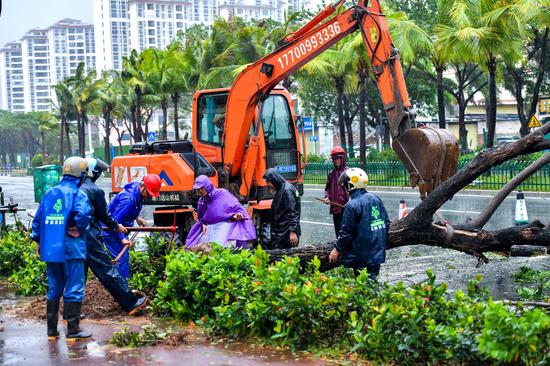

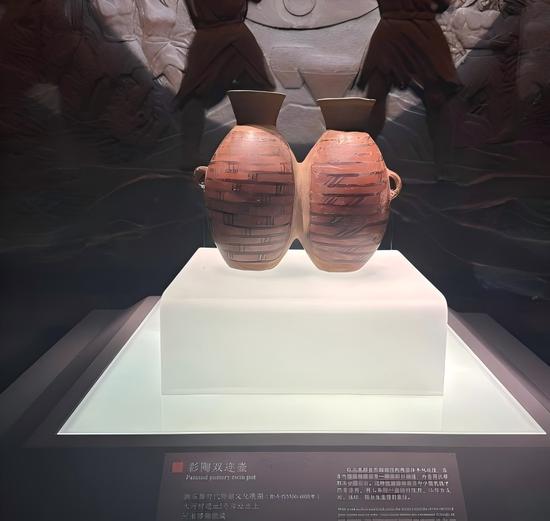
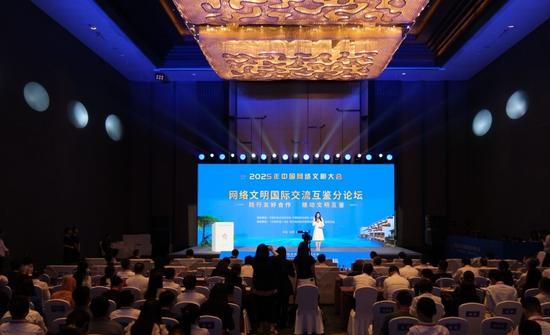






 京公網(wǎng)安備 11010202009201號(hào)
京公網(wǎng)安備 11010202009201號(hào)